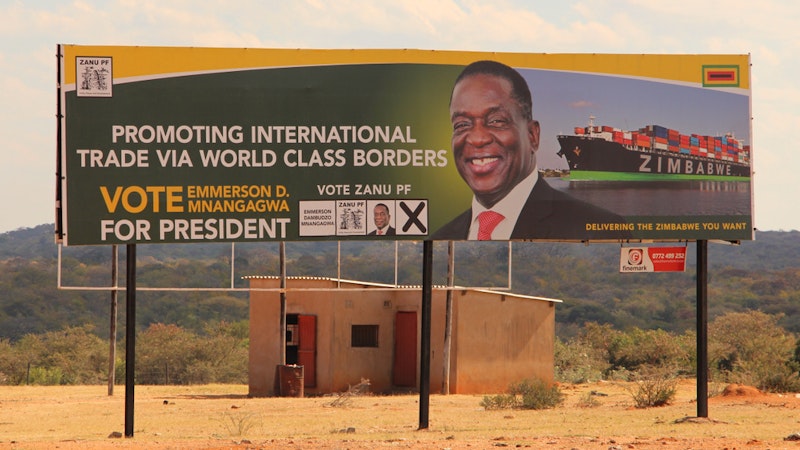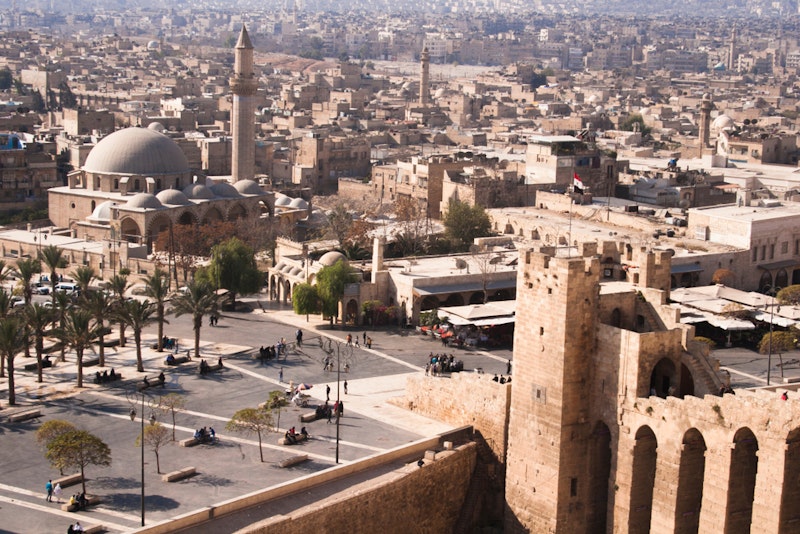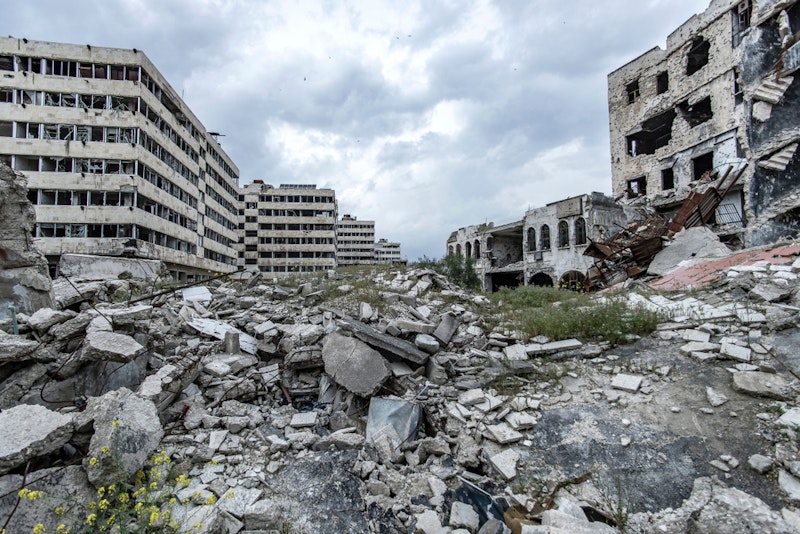Study Notes
GCSE Geography | Political Causes of the Development Gap (Development Gap 9)
- Level:
- GCSE
- Board:
- AQA, Edexcel, OCR, Eduqas
Last updated 17 Oct 2024
Countries around the globe experience different rates of development - with some able to develop much more easily than others, which leads to a development gap.
There are some political reasons for the gap in development...
Government corruption
Many countries are led by corrupt governments, who manipulate policies, institutions and rules, and generally abuse their position to sustain their power, wealth and status. Government corruption is not uncommon across LICs and NEEs, however, is can also occur in HICs! Leaders may enjoy fabulous wealth whilst their population suffers, which again is not exclusive to LICs. As a result services are underfunded, leading to civil unrest and instability, deterring tourists and foreign investment.
A good example of a country plagued by government corruption is Zimbabwe in southern Africa - with GNI per capita of $1,710, life expectancy at 59 years and an HDI score of 0.55.
Between 1987 and 2017 Robert Mugabe was president, and prime minister from 1980-87. He was given the role of 'executive president' combining being the head of state, head of government and military commander-in-chief - meaning that he had the power to dissolve parliament, declare martial law, and run for an unlimited number of terms. Prior to entering government Mugabe had actually been anti-government and had played a part in independence from Britain, and upon entering parliament he expanded healthcare and education, and talked about the desire to promote socialism across the Zimbabwe.
However, throughout the 1990s Zimbabwe saw economic decline, a drop in living standards, a reduction of life expectancy, lower wages, and unemployment rocketing to almost 50%. Mugabe soon became known as a corrupt dictator who mismanaged the economy, abused human rights and was accused of crimes against humanity and genocide. Once elections came round those standing for opposition were often harassed and intimidated, threatened with violence, and in some cases killed. Meaning that Mugabe was able to continue living a life of luxury, whilst his population suffered.
Emmerson Mnangagwa (see below) took over the presidency in 2017 and things looked to be improving in Zimbabwe, however he has been criticised for sending police and the army to confiscate goods from poor street vendors in the capital city of Harare, and for increasing fuel prices by 130% which led to widespread protests about this, and increasing poverty, the state of the economy and decreasing standards of living. Government action against the protesters resulted in hundreds of arrests and multiple deaths.

Conflict
War has a huge impact on a country's ability to develop, whether that conflict is between two tribes within the same country or involves a large-scale invasion. In times of conflict huge amounts of money are spent on weapons and military personnel meaning that other spending priorities that are vital to quality of life are left without investment, and agricultural and industrial output is reduced as young men are drafted into fight instead of work. Basic services like healthcare and education are disrupted, and in some cases targeted in bomb attacks to weaken the country. Essential infrastructure such as electricity lines and water pipes can also be damaged, and transport links, including airports, ports and railways lines, are attacked to cause as much economic damage as possible, and to make it more difficult to bring in aid supplies.
People may also have to flee to safety, leaving them with no food, water or resources. And outbreaks of war can cut-off the country from the outside world - particularly if the country is deemed unsafe to visit by another country's foreign office. This can have a huge impact on tourism, which is particularly devastating for tourism-dependent LICs.
Syria in the Middle East is a good example of where this has happened. In 2011 civil war broke out and is still ongoing. Prior to that Syria had been a relatively stable country with GNI per capita at $10,330 and an HDI score of 0.66. It had a thriving tourist industry with around 8.5 million people visiting annually to the many historical sites in cities such as Damascus and Aleppo (pictured below, before the outbreak of war), earning $8.4 billion, which is 14% of the country's economy.

Following the outbreak of civil war, and the subsequent refugee crisis, tourism has plummeted. Tourist attractions have been damaged or destroyed by shelling (see the photo of Aleppo below), all major airlines have suspended flights, and many hotels have closed or are being used to house refugees instead. GNI per capita in Syria is now only $560 and the HDI score is down to 0.55. Syria's economy has been damaged by the lack of production, decline of tourism, and also the fact that the country has borrowed huge sums of money to fund the war, which it will have to pay back with interest. So even once the war is over, debt repayments and repairing damage will mean that vital services, such as education and healthcare, will not be funded.

You might also like

Chocolate mmm!!!!
26th February 2015

Quality of living rankings
4th March 2015

Gapminder for population and global development
19th March 2015
Oxfam's scandal could affect all global aid.
14th February 2018
The World is unprepared for future disease risk
22nd September 2019
PPE for Covid-19 increases development inequality
29th November 2020

TV recommendation: How to Survive a Dictator with Munya Chawawa
19th December 2022